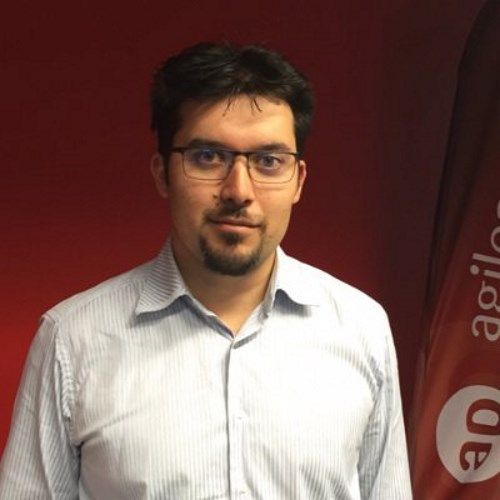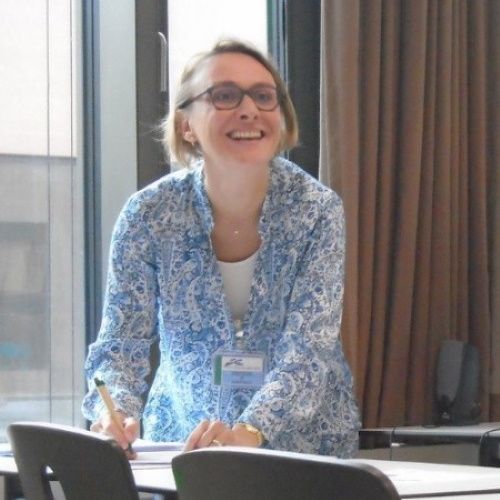
Luxembourg 2020
March 20-22
Venue
Schedule
StartFri, Mar 20th - 18:30
EndSun, Mar 22nd - 17:00
TimezoneEurope/Luxembourg
The first edition of the worldwide serious game event organized in Luxembourg for Families
The #play14 with Families Team has the pleasure to invite you to their international event!
This event has been designed to allow participants to use games as metaphors in a family or professional context. The purpose is to exchange good practices and knowledge amongst players. It is also a unique occasion to discover playful activities in a facilitation context.
You are welcome in this new edition of #play14 with families regardless of your age or your professional activity. You will get the opportunity to be part and decide of our own agenda and propose activities during the weekend.
Our objective this year is to open #play14 to families. This is because we have had the chance to have younger participants for the last 6 years and have discovered that not only do they enjoy participating but they are also keen to facilitate. This approach empowers younger participants as well as parents and adults playing amongst them. We could no longer ignore this trend hence we are launching this concept.
What is a Serious Game?
Serious Games are activities suggested by facilitators and their teams. The aim is to address organisational challenges such as : company culture, learning, collaboration or any other organisational changes. Serious Games include not only innovation games but also learning skills which ultimately lead to further creativity and collaboration. These games are conducted in a disruptive and unconventional approach. What is true for a corporate context is also true within the family context.
What kind of games and activities are you referring to?
We focus on non-digital activities which imply direct interactions amongst people. We use various media such as metaphors, stories, competition and games, simple tools such as LEGOs, sticky notes, ropes, paper, drawings and any other form of communication which unleash creativity such as improv theatre, mindfulness, laughter yoga, etc.
And how will the weekend unfold ?
#play14 uses the Open Space Technology format, a tool to enhance collaboration. Participants take charge and organise their weekend schedule. It is a very simple format which allow anyone to participate to any offered activity or even to propose activities to other people.
Why #play14 with families?
Along the years, we have had the opportunities to welcome young adults and children during our regular events. Thereby, we have realized they are very attentive and enthusiastic participants and they even sometimes try themselves into facilitation.
We could no longer ignore this trend. Children and young adults bring a dimension to events which is incredibly interesting: They quickly adapt, they are not scared to join along, they are kind and playful. Parents, on the other hand, enjoy discovering or re-discovering their children’s behaviour in terms of collaboration, participation, communication, and leadership.
We want to give families the opportunities to interact with each other in an unconventional, yet creative and playful environment. Moreover, we wish to open our event to a larger audience. Kids are very adaptable and we have a lot to learn from them!
Is there an age limit?
We had to take into consideration mobility, cognitive and autonomy competencies. Young players need to feel confident they understand, can participate and are autonomous as any other participant, to choose their activities. This is why, we have decided that children need to be at least 7 years old to participate.
Who is responsible for my children?
You are. Parents are the best expert when it comes to their own children. Only parents can be confident whether their children are able to take part in the event. Only them can know when their kids need to take a break or when it's time to go home.
Are there any adaptation(s) to the usual #play14 format?
The vision is to offer the same event to families to what has been a success so far: We focus on playful, non-digital activities which imply direct interactions between people.
We will adapt the logistics of the event: We will propose meals that are young adults and kids friendly. We will also offer t-shirts in smaller sizes.
We will also have a quiet space for our young players to rest from the crowd, noise and agitation.
Is English going to be the transactional language?
Yes. English is going to be the main transactional language and we have participants from all over Europe whose main language is not English. This has never been a concern because we trust the format and the energy so much!
What if my kids do not speak English?
We expect our young players to know how to adapt and seek support when needed. We are confident that they will ask if necessary, to translate for them. We assume it will also be learning point as for any other player.
Games and activities do not require elaborate explanations nor do they require eloquence during the activity. Some games even require silence!
How to get there?
Reach Luxembourg city
- By plane : Luxembourg Airport is well connected and buses can bring you directly to Train Station (15 min)
- By international train : It's easy, 2 hours from Paris, 2:30-to 3:00 from Brussels (no High Speed), 50 min from Trier
Get to Esch/Belval
- By car :
- You can come by car from Luxembourg City by taking the A4.
- You can also share a car through Covievent.
- By taxi : You can take a taxi from the airport, but it is not going to be cheap. You need to count between 60 € and 100 €.
- Taxi2airport
- Kiwi
- Colux
- Webtaxi
- By local train : From Luxembourg city Central Station take the train to Esch/Alzette, Belval-Université, Gare
- Download this map to find a parking and reach the venue by foot.
Where to stay ?
- Hotel : IBIS Hotel is just around the corner. Here is a link to their website
- Airbnb also offers some rooms
Team
Mentors
Sponsors







